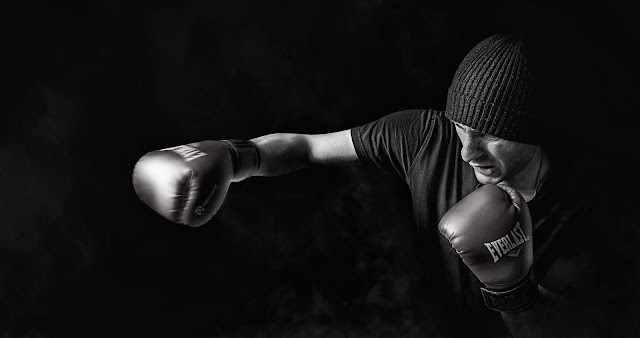How should one feel during High-Performance?

We know high performers, in the field of management, sports, art, academia and other crafts, have to go through a considerable level of daily stressors. In fact, it is often thought that stress and anxiety are inevitable when achieving high-quality results in a competitive environment, especially one where the margin of error is small or there are time constraints. This is a common stream of thinking, in high-performance fields as well as everyday perception. We have all seen Gordon Ramsay screaming at his staff when things go wrong at a Michelin starred restaurant. We have seen Serena Williams erupt into a bullying frenzy when she lost. We all know of stern bosses who have no problem in confronting and resolving problems, even if requires a considerable amount of screaming. But the question is, is that how one is supposed to feel in a high-performance situation? Is there a correct ‘feeling to feel’ in a high-performance situation? Well, as is usually the case, there is no ONE






